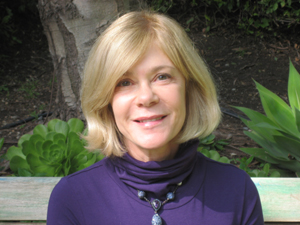 I established the Malibu Learning Center in 1995 as a place where students could be trained to reach their academic potential and become comfortable,
I established the Malibu Learning Center in 1995 as a place where students could be trained to reach their academic potential and become comfortable,
independent learners. I earned a B.Ed. in special education at the University of Michigan and an M.Ed. in child development from Tufts University, hoping to learn “special” techniques that would fix students’ learning problems. I did not realize that “special” referred to the students and not to the techniques. At that time learning problems could only be accommodated and supported, rather than fixed. Unfortunately, this is still the expectation in most schools and tutoring centers. Accommodations such as preferential seating, additional time on tests and homework support are all essential to make school a positive experience.
But they alone are not enough to solve the learning problems that often last a lifetime.
After working in the field for ten years, including a few years as the Director of Play Therapy at Great Ormand Street Children’s Hospital in London, UK, I moved to Malibu to marry and raise my three children. Disillusioned with “special” education, I pursued two more successful careers but I was drawn back to working with students when I was trained in P.A.C.E. (Processing and Cognitive Enhancement), a cutting-edge program that strengthens the brain for better academic learning. I now use a variety of the most efficient and research-based cognitive training programs that retrain the brain. There is usually no one program that will “fix” a particular student. It is only by careful assessment and weaving together a tapestry of programs, interventions and strategies that each student can grow to reach his own potential for optimum learning.
Learning can be seen as a continuum of skills, from visual motor coordination, to processing skills . study skills and academics. In order to be permanently effective, remediation must take place at the lowest level of breakdown in these skills. These underlying skills form the roots of learning ability and, like the roots of a tree, they must be strong enough to support the leaves or the academic subjects. Fortunately, there is much recent brain research on neuroplasticity that proves that the brain can respond positively and permanently to systematic, intensive training. This training will result is improvements in academics and social skills.


 (310) 804-3704
(310) 804-3704 